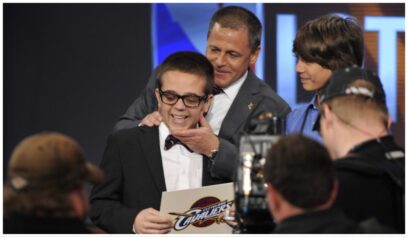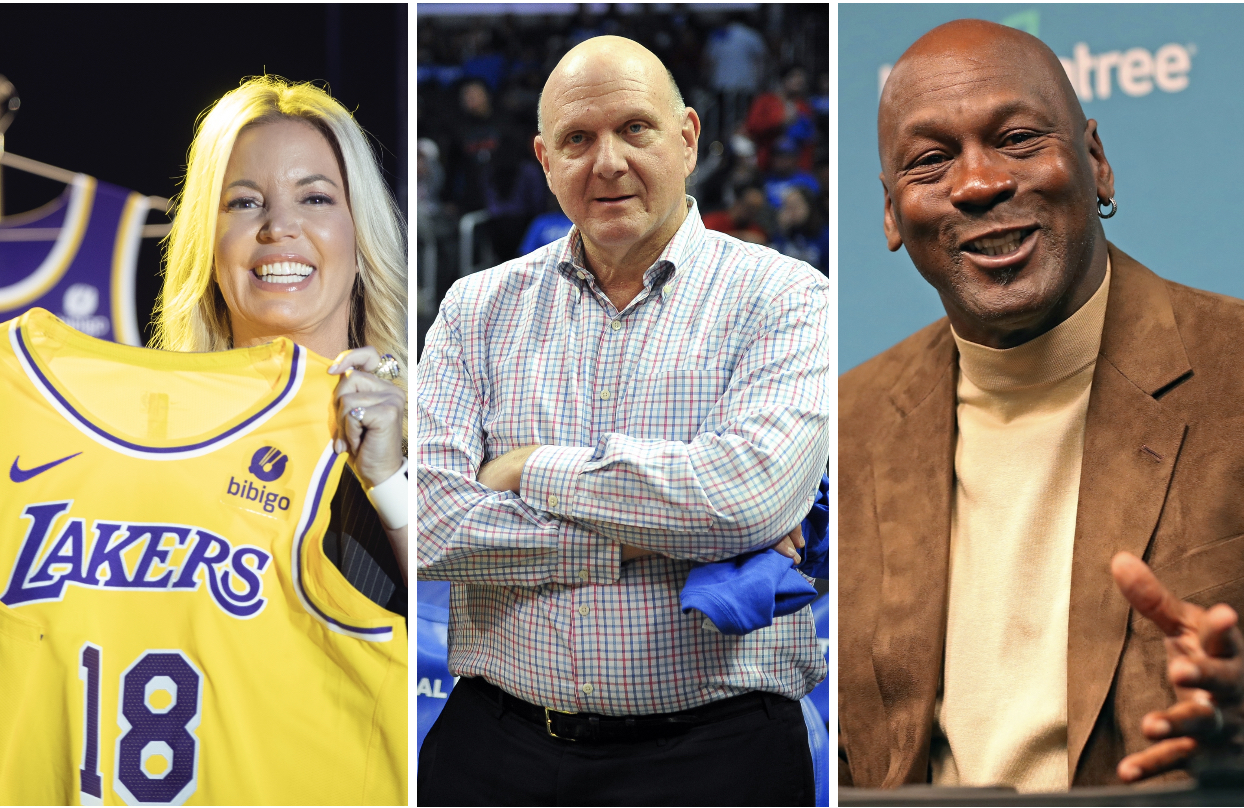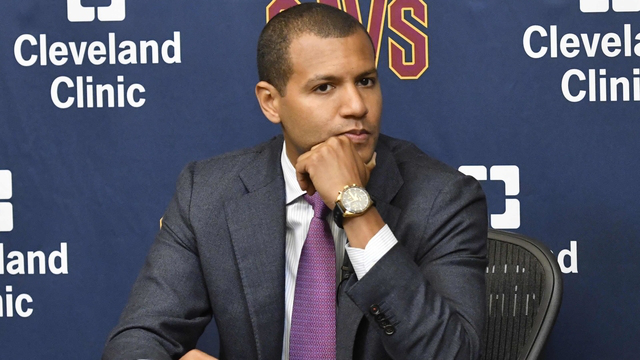Nationally, the true nature of the prison industrial complex has come to ever brightening light thanks to increasing awareness gleaned from documentaries like Ava DuVenay’s 13th.
Indeed, the avenging angels of law and order that many communities thought they needed back during the Drug Wars of the late ’80s are in fact bedeviling the poor and disenfranchized at a disproportional rate. Now, as a quasi-authoritarian regime drives the governmental apparatus from the White House with cries of terrorism and “illegal” immigrants, prisons are seeing an unprecedented boom.
Cleveland Cavaliers owner Dan Gilbert, who owns Quicken Loans and the arena named after it, has been an instrumental figure in helping to get a long-unfinished jail completed in Detroit.
A tentative deal is in place with with Rock Ventures, owned by Gilbert, to build a four-story facility at I-75 and East Warren. The facility will provide sheriff and prosecutor staff with administrative offices, a criminal courthouse, and a juvenile detention facility. The total cost is expected to be $533 million, with the Wayne County paying $380 million and Rock Ventures paying the remaining $153 million, plus any overruns. Any remaining funds left from the project going under budget would be split between the county and Rock Ventures.
undefined
undefined
The apparent sweetheart deal will also allow Rock Ventures to collect parking revenues from various parking sites around the complex that will cap at $30 million, with the County handling those parking sites afterward.
Rock Ventures will invest $250 million towards mixed-use development into the properties it acquires from Wayne County and 51% of the employees involved with the development will need to reside in Wayne County.
It seems as if many of Gilbert’s larger business ventures inevitably need millions in public funding for completion, or hurts the consumer in some way.
2,770 plaintiffs who took part in a class-action lawsuit in 2012 in the Northern District of West Virginia alleged that Quicken Loans officers worked intentionally to broker illegal loans in excess of fair market value a direct violation of West Virginia’s Residential Mortgage Lender, Broker, and Servicer Act.
Precedence for the lawsuits came in 2011 in a West Virginia case in which a judge awarded a homeowner $2.7 million after finding that Quicken committed fraud and violated the West Virginia Consumer Credit and Protection Act.
Gilbert maintains his company was the victim.
In 2015, the Justice Department filed suit alleging that Quicken Loans improperly originated and endorsed Federal Housing Administration loans for unqualified buyers, leading to $500 million in claims against HUD. The court believes Quicken miscalculated income, ignored red flags on loan applications, and created a value-appeals process, which permitted employees to request specific inflated values from appraisers in order to make a loan eligible for FHA insurance.
To the Cavs owner’s chagrin, a countersuit filed by Quicken was dismissed later that year. In 2017, a federal judge denied a motion to dismiss the case. But wait, there’s more.
There is evidence to suggest that Quicken Loans’ lending practices have led to urban blight in homes that were foreclosed upon because of money lent to home homebuyers who couldn’t afford them and wouldn’t have normally qualified for one.
A 2015 Detroit News investigation examined 378 lenders and found that Quicken Loans had the fifth-highest rate of mortgages that ended in foreclosure in the nation.
The report also revealed that, between 2004 and 2006, homes underwritten with Quicken Loans had a foreclosure rate of 34 percent. Around half of those are now blighted.
A 2011 Center for Public Integrity report found that Quicken’s management pushed its employees to falsify borrowers incomes on loan applications and to push overpriced deals on desperate or unwary homeowners and commit other illegal acts.
That’s just the tip of the iceberg localized in the Detroit metropolitan area. Yet Gilbert’s many dealings span the United States. Meanwhile, with a profile as large as his, its anyone’s guess as to whether the National Basketball Association has addressed his egregious display of capitalism at the expense of the poor, desperate and defenseless.
I’d certainly make a stink of it if I were NBA Commissioner Adam Silver. The dialogue about how the NBA is activist-minded and progressive relative to other professional sports leagues is fluff if the league failed to address the actions of one of its most influential franchise owners.



